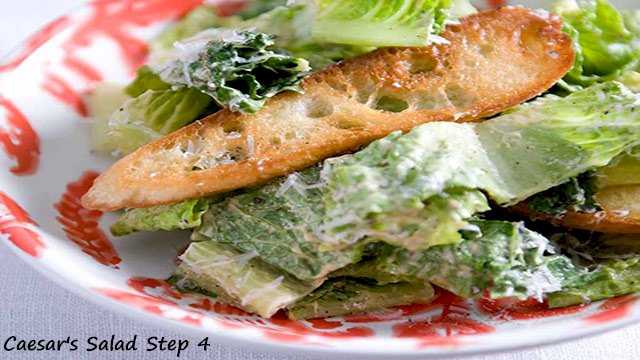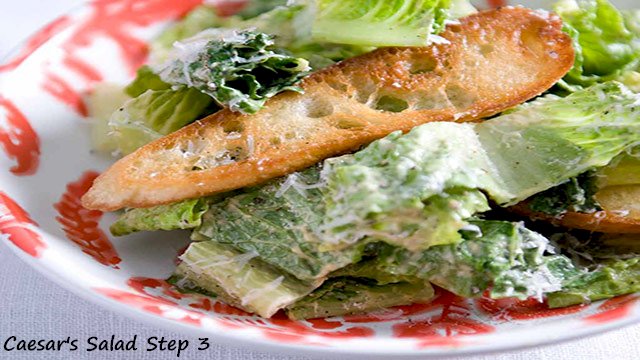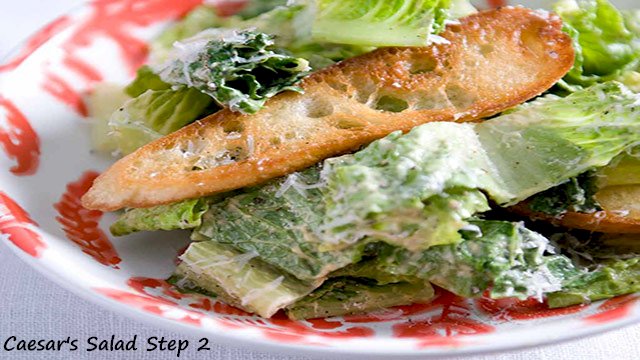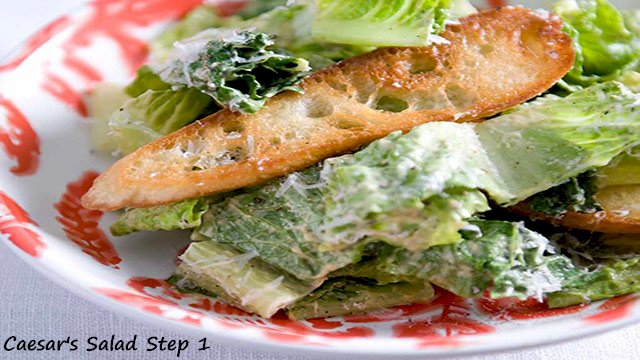Verano Petri studied culinary arts at Italian cooking schools near Florence, but went on to merge his disparate influences to create his own unique style – See More at Telluride Inside & Out

VERANO PETRI: BETWEEN THE COVERS + BOOKS & COOKS | Telluride
posted on October 12, 2020 by techadmn in Verano Blog
Foraging for Food
posted on February 20, 2015 by techadmn in Verano Blog
 Boys my age feared the sight of German soldiers. This is where I put to good use my knowledge of nature’s bounty. I went out in the fields, creeks, hills and valleys, climbed trees for fruit and mushrooms, and search the creek banks for edibles. I captured all sorts of birds, mostly small. We had nothing to eat. Germans took all of our livestock, chickens, rabbits, and left us with nothing. We had no flour, fruits or vegetables. I went hunting, trapping and foraging alone, as I wanted to keep whatever I found. Of course, the schools were closed and had been for quite a while, so I had all day to hunt and fish.
Boys my age feared the sight of German soldiers. This is where I put to good use my knowledge of nature’s bounty. I went out in the fields, creeks, hills and valleys, climbed trees for fruit and mushrooms, and search the creek banks for edibles. I captured all sorts of birds, mostly small. We had nothing to eat. Germans took all of our livestock, chickens, rabbits, and left us with nothing. We had no flour, fruits or vegetables. I went hunting, trapping and foraging alone, as I wanted to keep whatever I found. Of course, the schools were closed and had been for quite a while, so I had all day to hunt and fish.
I brought home the birds and I learned to gut and clean them in the fields. I caught fish and frogs and brought them home fairly well cleaned, Grandma always put the final cleaning to the food of course. Our condiments were sage and rosemary and we had plenty of that. We had a couple gallon jars of olive oil and Grandma had made a lot of jars of tomato paste, that kept well. She kept a very large jar full of raw olives saved in olive oil to make the Cacciatora sauce. I watched her cook what I brought home and it was astonishing what she could do with practically nothing. The zest, the flavor and the aroma throughout the house was amazing. It was just simple country cooking, no gourmets here, just rustic Italian peasant food. That is what I was raised on and the flavor continues alive and well in my kitchen.
1
posted on December 3, 2012 by techadmn




Recipe with its stories
posted on November 7, 2012 by techadmn in Verano Blog
A scrawny 8 year old boy named Verano was carefully setting a handmade trap to catch a few birds in the countryside of Lucca, Italy when he heard the roar of the Bombers coming from the south. They came by the hundreds, blotting out the sun, and began dropping the bombs everywhere. He threw himself to the ground, as the fields were churned up and the huge trees were uprooted and hurled into the air. The German-occupied Italy was coming under American attack. The troops were advancing north from Enzio and the Germans had long ago taken all the food, the poultry, and the livestock. The Luccese were left with foraging and bartering for food. Verano had become very adept at finding the evenings’ meal for the family. As the sky cleared, Verano ran to check his traps, pleased that he had snared a few, since his grandmother, Nonna Rosina, depended on him. Bringing back his bounty, she hugged him and immediately started to prepare the evening meal. She would make a polenta with a tomato based sauce and stew the birds. They would have a great dinner that night. Italians have learned in meager times to make something out of nothing
Join Verano as he takes us through his amazing culinary journey from a boy surviving war-torn Lucca, where he received no schooling during the occupation, to his subsequent move to East Chicago where he was surrounded by that concrete jungle, and the smoking stacks of the steel mills. Even there, he would get on his bike and ride 10 miles out into the fields where he hunted rabbits and a rare pheasant with classmates. Ultimately, he made it to Indiana University, and decided to become a lawyer.
Never has he stopped being that little boy from Lucca, foraging for fresh vegetables, ucelletti and wild game. The Cucina Lucchese lives on in his heart and his home. For 20 years he has been collecting family recipes, cooking tips picked up in the back kitchens of Northern Italian restaurants and written on paper napkins. He has studied culinary techniques at several Italian cooking schools near Florence and has gone on to create his own style using freshly picked herbs and vegetables from his own gardens. Here he offers us the culmination of his love for the Cucina Lucchese. This book is an amazing culinary and personal history of survival, advancement, and accomplishment. We are transported back to the Tuscan countryside where Verano was born and raised, in San Donato outside the great walls of Lucca. You will celebrate each recipe with its stories, descriptions and flavor that pops off the pages. Indeed, Tuscany al Verano.